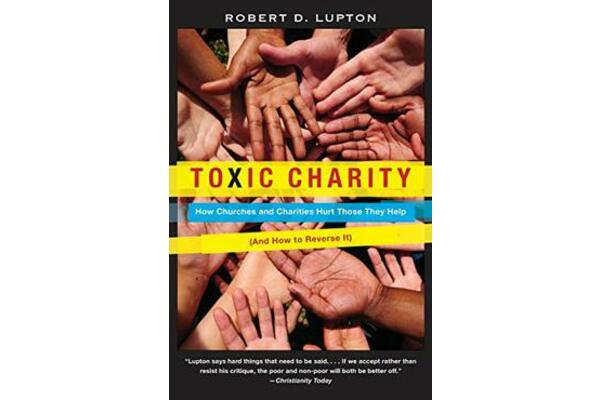Some might find this piece Jerry wrote for his MA helpful...
Eeyore’s situation pulls on the heartstrings. He is struggling with chronic depression; inadequate housing in a poor drained corner of the 100 Aker [sic] Wood; and may well be malnourished by a diet limited to thistles. He is single, often alone and his gloomy outlook appears to make it difficult for him to form deep relationships.
Pooh and Piglet’s compassion for Eeyore is evident when they hear that no one remembered his birthday. However, they instinctively follow a needs-based approach and attempt to tackle the symptoms (a lack of presents) rather than consider the underlying issues, which are more likely to be relational.
As is often the case with aid, the choice of gift (honey and a balloon) reflects the givers’ values rather than what would actually be appreciated by the recipient. Furthermore, there are logistical challenges not untypical of aid delivery: greed leads to the loss of all the honey; and careless handling of the balloon causes catastrophic damage.
Even if the honey had arrived intact, careful consideration of Robert Lupton’s ‘Toxic Charity’ would have helped Pooh recognise the danger of creating dependency on fodder Eeyore is ill equipped to retrieve for himself, as well as taking away the dignity of fending for himself.
If they had considered Sam Well’s approach, they would have recognised they were ‘working for’ Eeyore rather than ‘working with’ or ‘being with’ him.
Spending time with Eeyore might have enabled them to remember his birthday in the first place; and involving him fully in decisions would likely have led to better outcomes. The idea of ‘being for’ might also have prompted them to campaign for relocation or better drainage (Pooh and Piglet later build Eeyore a house at Pooh Corner; but again, a lack of consultation causes considerable stress and leaves Eeyore homeless on a cold and snowy night). One cannot help wondering whether relocation near single-mum Kanga (with DBS check) might be to mutual advantage.
Finally, if Pooh and Piglet had read Ann Morisy’s critique of a ‘needs meeting’ approach, they might have taken an Asset Based Community Development route and considered how to best use the considerable social capital in the 100 Aker Wood.
Transformational Enterprise Network (TEN), looks for business solutions to poverty. We would likely take one of two approaches. First, basic business start-up training might have enabled Eeyore to develop an enterprise (donkey rides or removing Heffalumps from pits?) that could meet his relational needs, provide an income to improve his housing and diet and build his self-esteem. Second, partnership with a community member such as Christopher Robin, in consultation with the community, might lead to better housing for all and either the rewilding of Eeyore’s ‘Gloomy Place’ or tree planting funded by carbon credits.





